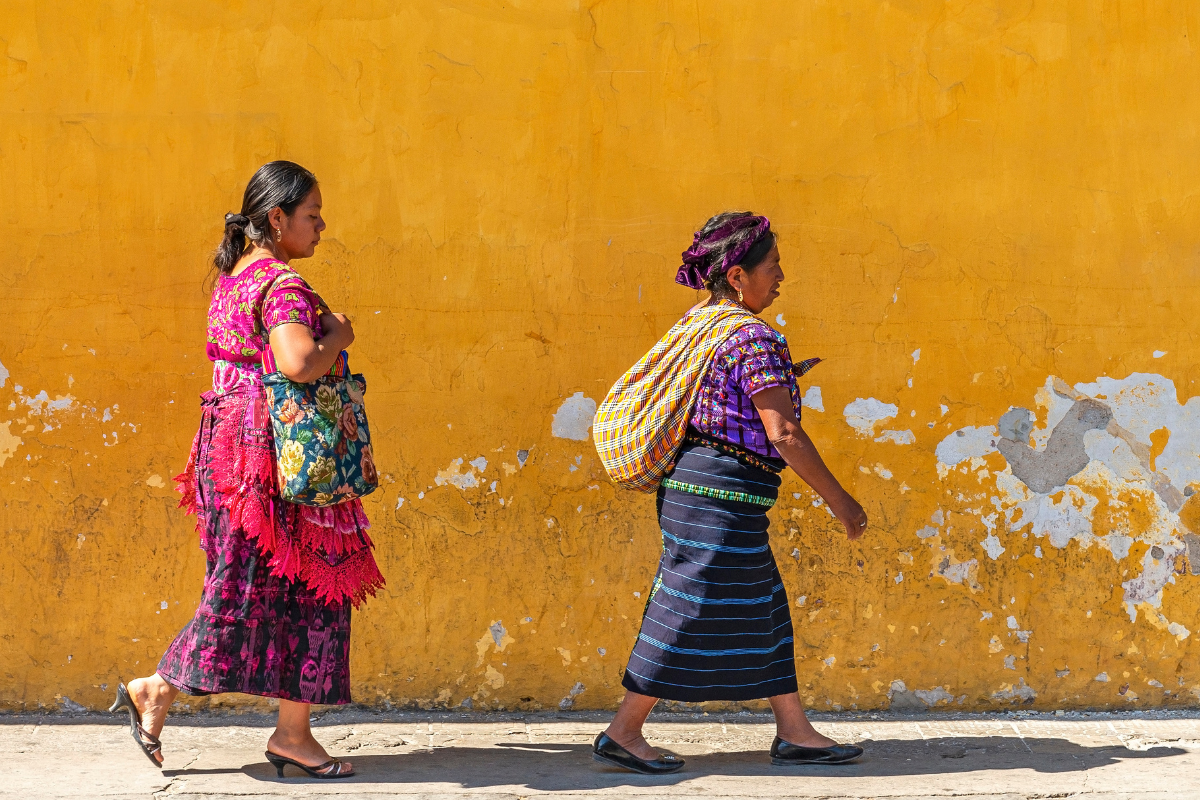Guatemala’s indigenous communities, which make up nearly half the country’s population, were left with a bittersweet taste after a recent court ruling on a notorious 2012 massacre.
Judges sentenced a group of six soldiers and one sergeant to less than eight years in prison for their role in the deaths of six K’iche indigenous men, who were shot by the Guatemalan Army as they protested a series of government reforms.
The decision was vehemently rejected by the victims’ families and their representatives, who vowed to appeal, saying the punishments were mild compared to the brutality of the crimes.
Adding to the controversy, the judges also acquitted Colonel Juan Chiroy and another soldier of charges of “extrajudicial execution,” saying there was insufficient evidence to convict them.
Guatemalan prosecutors had accused Col. Chiroy of ordering agents to open fire on demonstrators during what became known as the Cumbre de Alaska Massacre, after the cold mountaintop near which it occurred, on the boundary between the central departments of Totonicapán and Sololá.
The ruling was also seen as a step backward by NGOs and social justice advocates.
As the victims’ struggle for reparations continues, protesters gathered outside the headquarters of the Supreme Court of Justice in the capital, Guatemala...


 Search
Search






































